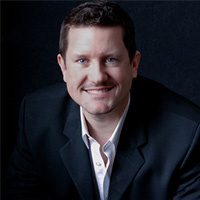Olympia Misdemeanor Lawyer, Washington
Sponsored Law Firm
-
 x
x

Click For More Info:
-
Soriano Law
104 W. Marcy Ave Montesano, WA 98563» view mapCriminal Law Where You Need to Be
An integral part of our legal services is to work closely with clients so that they can make the right decisions with respect to their legal needs.
800-337-9120
M. Preston White
✓ VERIFIEDPreston White is an attorney representing clients in criminal and family law cases in Olympia, Washington, and the surrounding counties. While serving... (more)
Cristine Beckwith
✓ VERIFIEDCristine Beckwith is the owner of Beckwith Law. She is exceptionally qualified to provide strong representation to clients facing a wide range of crim... (more)
Lennard A. Nahajski
✓ VERIFIEDMr. Nahajski graduated from the University of Washington with a bachelor’s degree in Political Science in 1989, from the University of Oregon School... (more)
FREE CONSULTATION
CONTACTFREE CONSULTATION
CONTACTFREE CONSULTATION
CONTACTFREE CONSULTATION
CONTACTFREE CONSULTATION
CONTACT Ronnie Soriano 104 W. Marcy Ave Montesano, WA
Ronnie Soriano 104 W. Marcy Ave Montesano, WA AboutSoriano Law
AboutSoriano Law Practice AreasExpertise
Practice AreasExpertise



